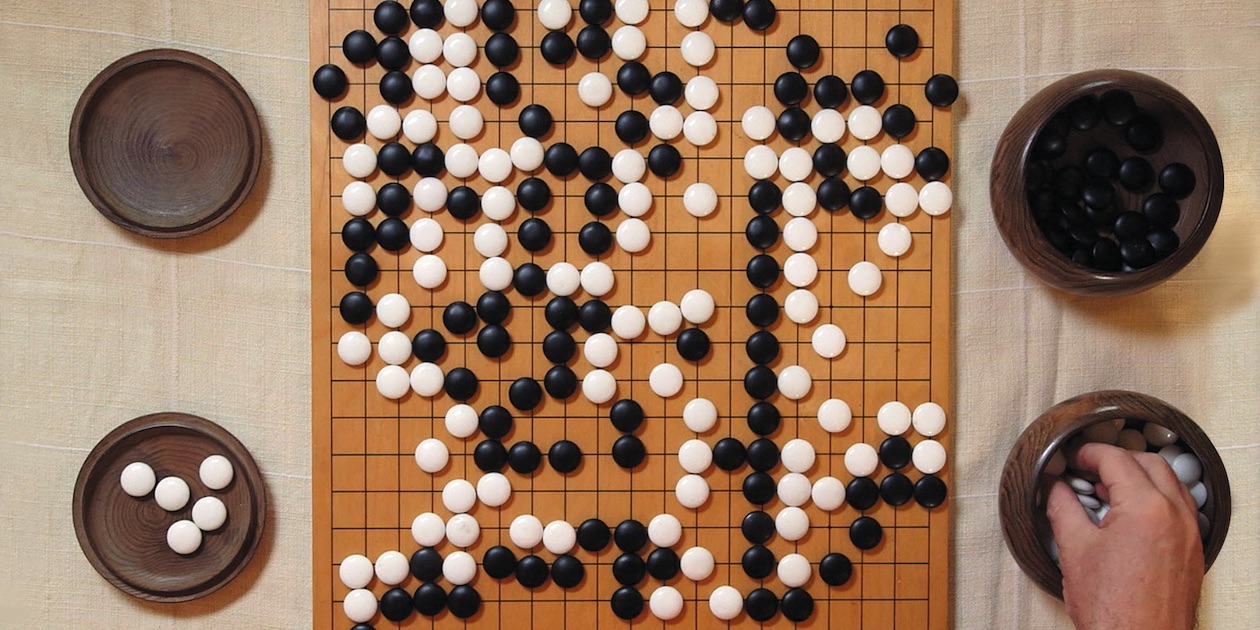 Google DeepMind’s game playing AlphaGo was the runaway winner of the Innovation Lions Grand Prix tonight, one of only nine Lions awarded in the still young competition.
Google DeepMind’s game playing AlphaGo was the runaway winner of the Innovation Lions Grand Prix tonight, one of only nine Lions awarded in the still young competition.
The artificial intelligence program made headlines around the world in March when it beat two of the best players of the game Go in the world, and was the clear favourite of the Innovation Lions jury because it “encapsulates everything we are looking for in innovation,” said Emad Tahtouh, jury president and director of applied technology at Finch in Australia.
Along with dropping “advertising” from the title of the festival in 2011, introducing the Innovation Lions in 2013 reflected the International Festival of Creativity’s intent to expand the scope of the festival way beyond advertising and to recognize and celebrate all types of creative thinking that can change business and—as so many people like to say during the Festival—improve society.
Sometimes the relevance of the winning ideas in the Innovation Lions may not seem immediate or obvious, but represent signposts of where technology is going, how it could change the world and how consumers will interact with brands in the future.
Google maintains that while AlphaGo is being used to play games today, the techniques behind it could one day be used to solve much bigger challenges.
“It’s potential throughout the world and in so many avenues is incredible,” said Tahtouh. “I’m sure we will be seeing more and more machine learning projects over the next few years…. This is the future of what we are going to be seeing.”
While computers that play games have been around for years—IBM’s chess-playing Watson, most notably—AlphaGo is considered breakthrough because of its ability to apply something closer to human intuition to guide its decisions. “The difference here is that it is a completely new approach to doing something that has been done for years,” said Tahtouh.
Innovation isn’t always about doing something that has never been done before, he said. “For me, innovation is about making things better, it is about taking something that potentially already existed and developing and improving it, and refining it.”
Judging for the Grand Prix began well before the Festival started, with judges reviewing and discussing all 109 submissions before settling on a shortlist of 39 finalists. Each of those entrants were invited to Cannes to give a 10-minute presentation to the 10 judges. Eventually five submissions rose above the rest as contenders for the Grand Prix, said Tahtouh.
He then asked the nine voting judges (presidents don’t vote) to write two of their favourites on a piece of paper; if they only had one favourite they should list that one twice. “We ended up getting 18 votes for the Grand Prix,” he said.
Want the latest news and winners from the Cannes Lions International Festival of Creativity? Here’s how:











